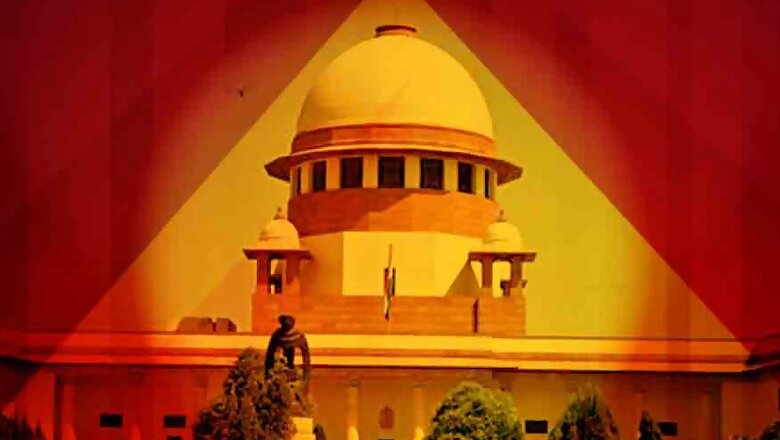
views
The Supreme Court on Friday termed its 1976 judgment during the Emergency as "retrograde" while reaffirming that right to life and liberty cannot be taken away without a due process of law even during such proclamations.
A bench, headed by Justice Ashok Bhushan, referred to the judgment in ADM Jabalpur wherein a majority of the judges had taken the view that after proclamation of Emergency under Article 352, no proceedings can be initiated for enforcement of right under Article 21 (life and liberty).
It further cited another judgment in 1977 which reiterated that Presidential orders dated June 27, 1975, and January 8, 1976, had unconditionally suspended the enforceability of the right conferred upon any person to move a court of law for enforcement of fundamental rights.
The bench, which included Justices MR Shah and V Ramasubramanian, also noted that the "retrograde steps taken in respect of right protected under Article 21" in the ADM Jabalpur judgment was negated by Parliament through 44th Constitutional amendment in 1978, by laying down that rights under articles 20 and 21 will not be suspended even during the Emergency.
"The sting of the judgment of this Court in ADM Jabalpur and retrograde steps taken in respect of right protected under Article 21 was, thus, immediately remedied by the Parliament by the above Constitutional Amendment," the court said.
It added the ADM Jabalpur was formally overruled by a seven-judge bench in the 2017 Aadhaar case by giving precedence to life, liberty and freedom of individuals.
The order by the bench came as it mapped out the powers of police during the lockdown triggered by the COVID-19 pandemic.
The bench was specific that right to life and personal liberty could not be affected adversely on the ground of the lockdown, and hence, delay by police to file a chargesheet will entitle an accused to bail.
It ruled that statutory bail to a person for delay in submitting a chargesheet cannot be denied on the ground of nationwide restrictions.
It accepted contentions by senior advocate Sidharth Luthra that the Supreme Court's March order extended the deadline for filing petitions, suits and appeals only in civil matters, but did not extend the time period for police to file chargesheets under Section 167 of the CrPC.
The top court agreed with Luthra that provisions in Section 167 CrPC are for protection of personal liberty and in event chargesheet has not been filed by police within the stipulated period within 60 or 90 days, the appellant is entitled for default bail.
The bench shot down the judgment by Madras High Court which had maintained that lockdown announced by the government is akin to proclamation of Emergency.
"We are of the clear opinion that the learned Single Judge in the impugned judgment erred in holding that the lockdown announced by the
Government of India is akin to the proclamation of Emergency," said the bench, adding even during such proclamation, right to life and liberty cannot be suspended.
The apex court said that the view of the single judge that the restrictions should not give right to an accused to pray for grant of default bail even though chargesheet has not been filed within the time prescribed is erroneous and not in accordance with law.
Clarifying that the top court's March order on extension of limitation does not apply to the CrPC provisions, the bench then granted bail to Luthra's client over delay in filing of chargesheet.











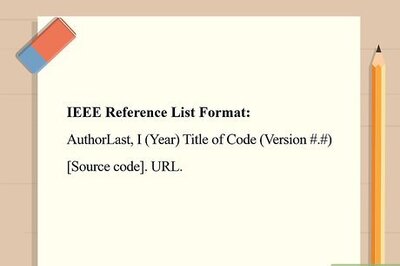

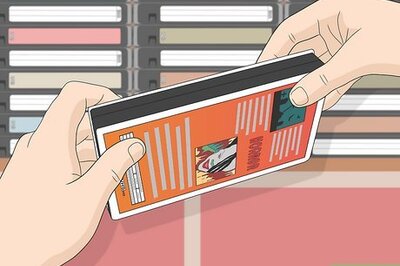
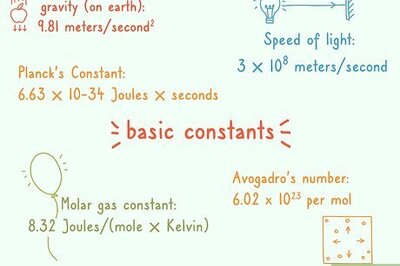

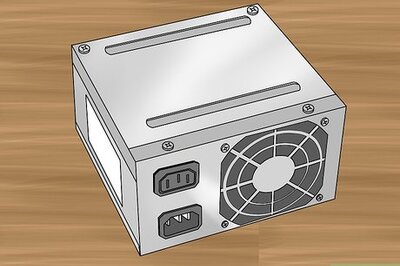

Comments
0 comment